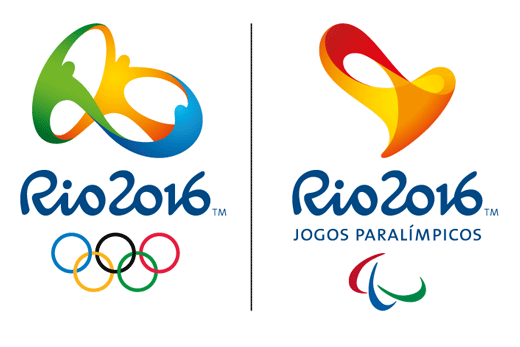Brazil Sports Minister George Hilton hopes the 2016 Rio Olympics could encourage more Brazilians to participate in sports as a study found that half of the country’s population does not take part in any physical exercise.
With just over a year to go for the Olympics, a recent survey by the Brazilian Institute of Geography and Statistics showed that 45.9 percent of Brazilians do not play sports, reports Xinhua.
“The results are shocking to me. As a legacy, we are building lots of infrastructures to encourage sports to flourish after the World Cup and Olympics,” said Hilton.
The Brazilian federal government has been working so that the legacy from the world’s biggest sports event reaches all states and the federal district. Over four billion reais in investments have been provided for building and consolidation of a National Training Network with units that will benefit Brazilians in all regions and contribute to developing new generations of athletes.
According to Hilton, Brazil has brought new legislation, involving federal, state and municipal governments, to provide funding from youth programmes and school sports to high performance levels.
“Besides public investment, we will also create rules and establish partnerships with the private sector to invest in sports. There is already a law to encourage the private sector to invest in sports projects,” he said.
Hilton pointed out that school and university sports are vital to increase sports population. Because according to the survey, the main periods when sports are abandoned happen during school or university, within the 16-24 year old group and most of those who have abandoned (69.8 percent) claim lack of time and other priorities.
“Most of all, Olympics will leave a legacy for Brazilians. They will encourage Brazilians to participate in sports,” Hilton said.
As Olympic host, Hilton also expected Brazilian delegation could achieve a new high in Rio. Olympic host nations typically get a “home-field” bounce and Brazil is trying to almost double its medal take of 17 from the 2012 London Games.
“We want to finish in top-10 in Olympics and top-5 in Paralympics. The one billion reais investment is to develop professionals, including physical education experts, nutritionists, and therapists,” Hilton said.
This is an ambitious goal, given Brazil finished 22nd in 2012. Brazil will spend about one billion reais in public and private money in training athletes in the four-year cycle leading up to Rio, double what it spent in the previous four-year cycle.
In contrast with the World Cup, there has been less criticism about the cost of venues. Hilton explained the reason was the transparency involving the financial side.
“Sixty percent of the money invested in Olympics has come from the private sector. Besides the great legacy, the Olympics has not led to cuts in budgets for other areas,” Hilton said.
Brazil football continues its lacklustre performance this year after last year’s 1-7 collapse to Germany in the World Cup semifinal and being eliminated by Paraguay in a penalty shootout in the 2015 Copa America semis.
Outside the field, Brazil football is also trapped in a corruption scandal as Brazilian Football Confederation vice-president Jose Maria Marin was among the officials detained in Switzerland as part of investigations by US and Swiss authorities. The Brazilian Senate has started its investigation into the national football confederation.
“The Brazilian government supports the investigations. And the federal police have already made progress. Those found guilty will be punished accordingly,” Hilton said.
“There is a law that president Dilma Rousseff sent to Congress to be approved that stipulates 20 percent of the investment of football clubs must go towards youth development and women’s football. We have to focus on youth and make them even better so that we can produce more Neymars.”
